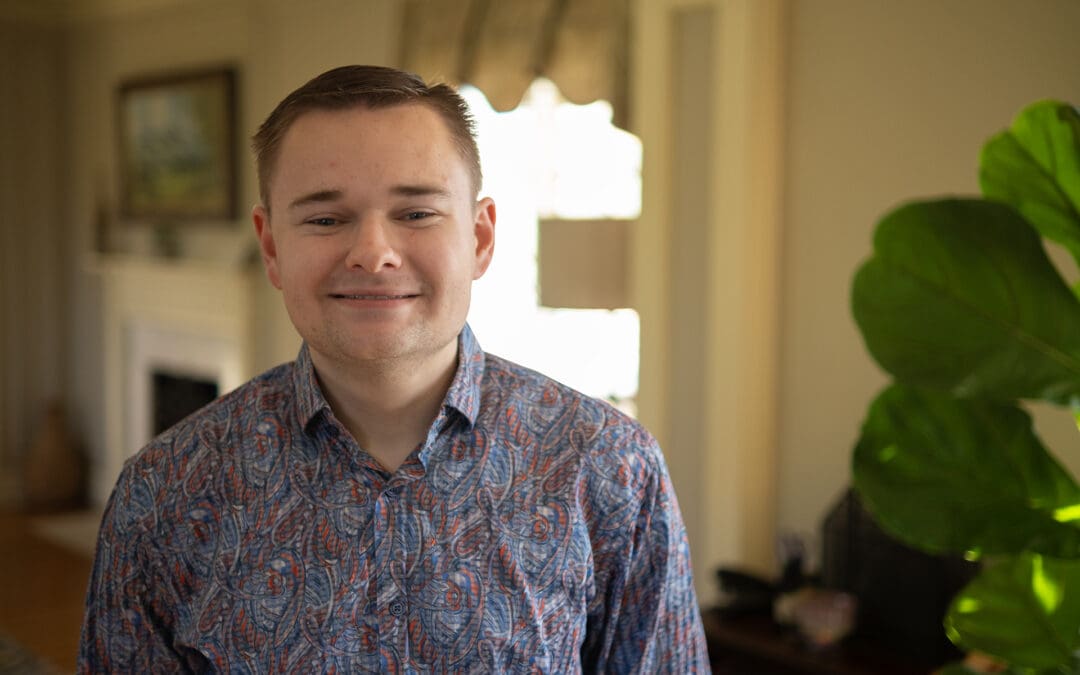Oklahoma Wesleyan University
Influencing culture with the Grace & Truth of Jesus Christ.
Oklahoma Wesleyan University
Influencing culture with the Grace & Truth of Jesus Christ.
High School College Credit




High School College Credit
Earn dual credit through OKWU Prep classes.
On-Campus Students



On-Campus Students
Check out what it’s like to be a part of the residential campus in Bartlesville, OK.
Graduate, Online, & Professional Training




Graduate, Online, & Professional Training
Take the next step in your professional life with professional training or an online degree from OKWU.
High School College Credit
Earn dual credit through OKWU Prep classes.
On-Campus Students
Check out what it’s like to be a part of the residential campus in Bartlesville, OK.
Graduate & Online
Take the next step in your professional life with an online degree from OKWU.


Undergrad Students
Student to Faculty
Countries
Sports
Ministry
Social & Behavioral Sciences
Graduate & Online
Education & Humanities
Humanities
Professional Training
Nursing
Music
Business
Health & Sciences
Film & Design
Grow your professional skills.
Take the next step in your professional development with 100% online graduate degrees and professional training from OKWU.


Faculty
Meet our faculty recognized for their excellence in the classroom.


Chapel
Grow in your faith with a community in pursuit of Jesus Christ.


Places We Love
Discover a home away from home with our nearby favorite places.
NewsView More


A Fuller Experience: One Student’s Journey from OKWU to Med School
Fuller will begin medical school in late July.


OKWU Hosts Ribbon-Cutting at Mission Lodge
Oklahoma Wesleyan University recently unveiled the newly renovated Mission Lodge at OKWU, known formerly as the Buell House.
Give Week Launches with Generous Lead Gift
Join the team April 8-12!
